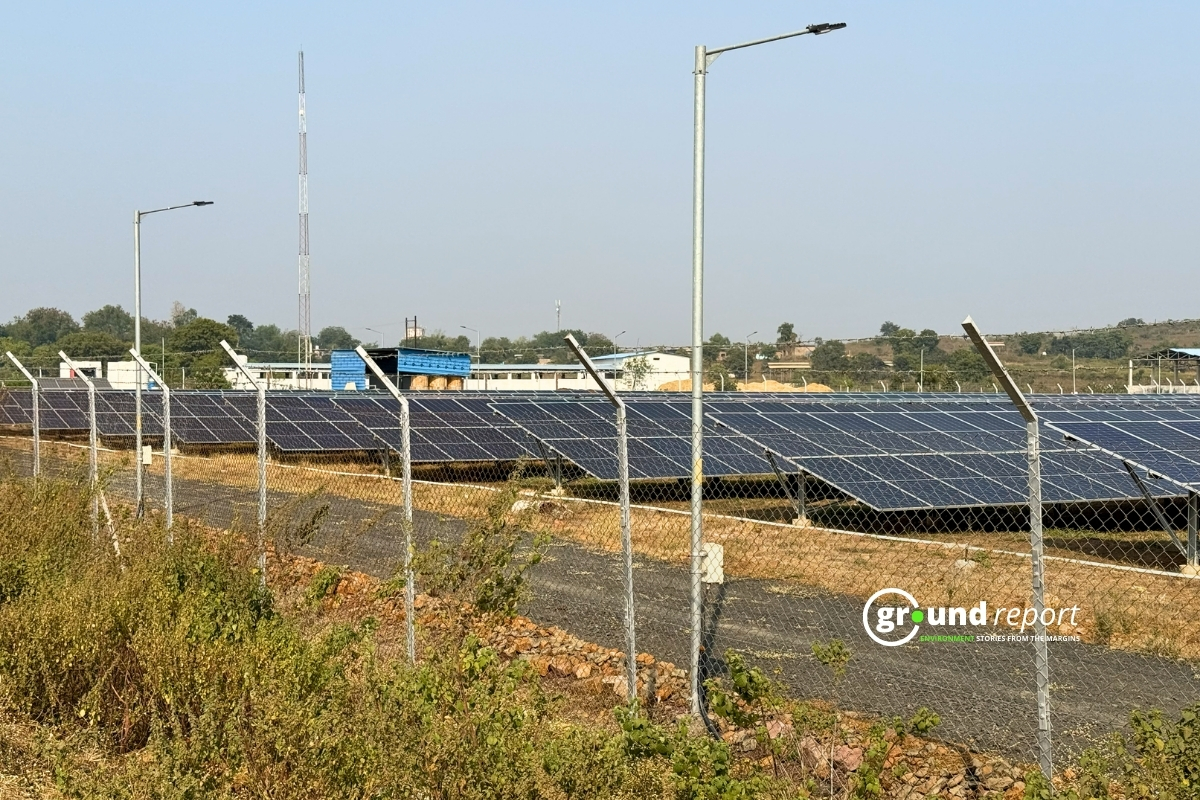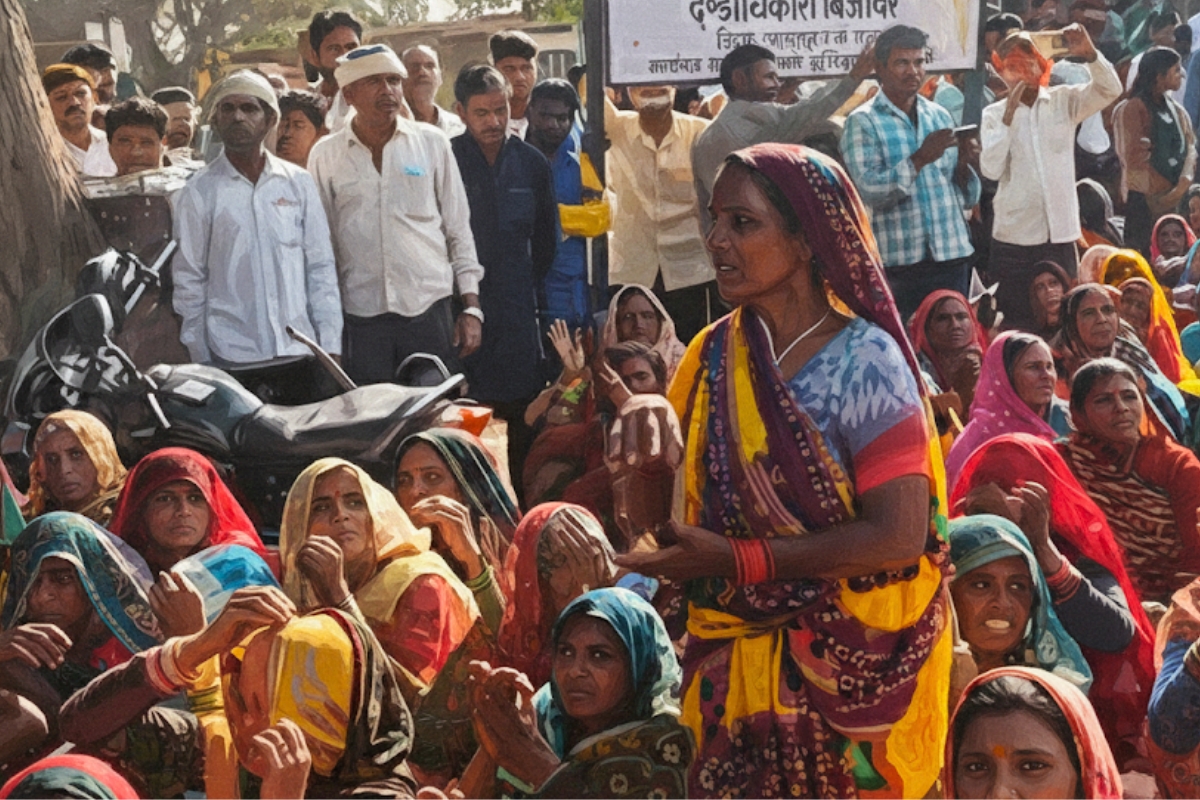The world is seeing a shift towards healthier and sustainable living, and one of the key components of this lifestyle is plant-based nutrition. In recent years, plant-based diets have gained immense popularity due to their numerous health benefits and positive impact on the environment. Plant-based diets have been found to be effective in preventing and treating various health conditions. Furthermore, experts now believe that they should be the first line of treatment for many diseases.
According to a recent study, plant-based nutrition is being increasingly recognized as a primary therapy for a range of chronic conditions, including heart disease, diabetes, high blood pressure, and obesity. Many studies have shown that a plant-based diet can reduce the risk of chronic diseases, and in some cases, even reverse them.
What is a plant-based diet (PBD)?
Plant-based nutrition is based on consuming whole, unprocessed foods that are derived from plants such as vegetables, fruits, grains, legumes, and nuts. This type of diet is rich in fiber, vitamins, minerals, and other important nutrients that are essential for maintaining good health. Plant-based diets are also typically low in saturated fats and cholesterol, which are known to contribute to heart disease and other chronic conditions.

Benefits
The benefits of plant-based nutrition extend beyond just physical health. Plant-based diets are also better for the environment as they have a lower carbon footprint compared to meat-based diets. The production of meat is a significant contributor to greenhouse gas emissions, deforestation, and water pollution. By consuming plant-based foods, we can reduce our impact on the environment and help preserve the planet for future generations.
- Effects on health
The benefits of adopting a plant-based diet are many, with research indicating that such a dietary shift can prevent, treat or reverse heart disease, type 2 diabetes, and high blood pressure. It leads to physical health improvements. In addition, plant-based eating can also boost emotional well-being by alleviating anxiety and depression. However, it is essential to ensure that the diet replaces meat-based nutrition with plant-based sources. Furthermore, includes essential nutrients such as flaxseed or chia seed for essential fatty acids, and beans and grains for protein.
- Effects on Environment
Moreover, plant-based diets have a significant impact on the environment. The studies reveal that they can reduce global greenhouse gas emissions, make better use of land, save water, and reduce waste. According to the Encyclopedia of Energy, the amount of grains fed to US livestock is sufficient to directly feed around 840 million people who follow a plant-based diet. By opting for plant-based substitutes in their favorite recipes, individuals can contribute to improving their health while also making a positive impact on the planet.

Recommended in treatment
Many healthcare professionals and organizations are now promoting plant-based nutrition as the first line of treatment for chronic diseases. The American College of Cardiology recommends a plant-based diet for the prevention and treatment of heart disease, while the American Diabetes Association has recognized the benefits of a plant-based diet for managing diabetes. In India, the Indian Council of Medical Research (ICMR) has also recommended plant-based diets as a preventive measure against chronic diseases.
Dr. Sanjana M Sikri, executive director of PAN India, stated that there is a necessity to move from a “sick care” approach to a “wellness care” approach due to the escalating healthcare expenses. She also emphasized the importance of plant-based nutrition in fulfilling this requirement.
Not only this, but the doctors in Nagpur are starting to prescribe plant-based diets to their patients as a way to prevent and treat conditions like diabetes, heart disease, and obesity. These conditions are all linked to poor diet and lifestyle choices, and can often be improved or even reversed through changes in nutrition.
Trend and acknowledgment
The trend of plant-based diets, commonly associated with millennials, is steadily gaining momentum. As per the findings of HealthFocus, 60% of consumers are reducing their meat consumption. While a considerable 17% of individuals aged between 15 to 70 years now adopt a “mostly” plant-based diet. Additionally, 55% of those who switch to a predominantly plant-based diet express their intention to sustain it for the long haul. Consequently, what was once regarded as a passing “food fad” appears to have cemented its place as a lasting lifestyle choice.
Conclusion
Despite these advantages, many people still believe that plant-based diets are difficult to follow or lack sufficient protein and other nutrients. However, with proper planning and education, it is possible to meet all of your nutritional needs on a plant-based diet. There are many resources available for those who are interested in transitioning to a plant-based diet. These include cookbooks, online communities, and local support groups. Healthcare professionals can also provide guidance and support to patients who are interested in making this change.
In conclusion, plant-based nutrition is a powerful tool that can improve our health and help protect the environment. By shifting towards a plant-based diet, we can reduce the risk of chronic diseases, and improve our overall health. Hence, contributing to a more sustainable future. With the growing awareness about the benefits of plant-based nutrition, we can expect to see more people adopt this lifestyle and promote its benefits for a healthier and happier world. So why not give it a try? Your body and the environment will thank you.
Support us to keep independent environmental journalism alive in India.
Keep Reading
MP farmers battle stray animals, and sleepless nights to protect crops
Pesticides and agriculture threaten Sarus Cranes at Indore’s Yashwant Sagar wetland
Changing weather patterns impacts soybean crops in the Dewas region of MP
Follow Ground Report on X, Instagram and Facebook for environmental and underreported stories from the margins. Give us feedback on our email id greport2018@gmail.com.
Don’t forget to Subscribe to our weekly newsletter, Join our community on WhatsApp, Follow our Youtube Channel for video stories.









